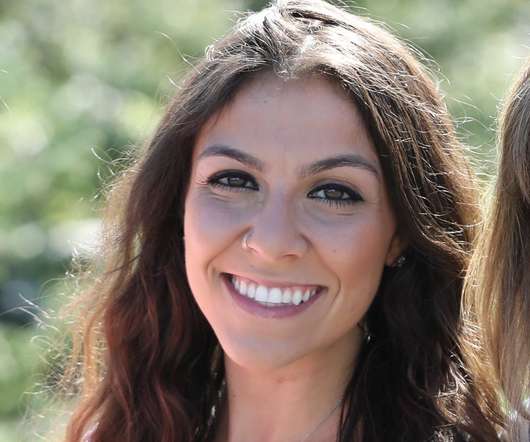Roadmap toward a neuromodulatory treatment for PTSD and anxiety
Society of Clinical Psychology
AUGUST 15, 2023
by Nicholas L Balderston Anxiety disorders are among the most diagnosed classes of mental disorders with 1 in 5 individuals meeting criteria for an anxiety disorder within a given year in the US (Kessler & Chiu, 2005). For these reasons and others, anxiety disorders cost the US economy billions of dollars per year (Vos et al.,
















Let's personalize your content